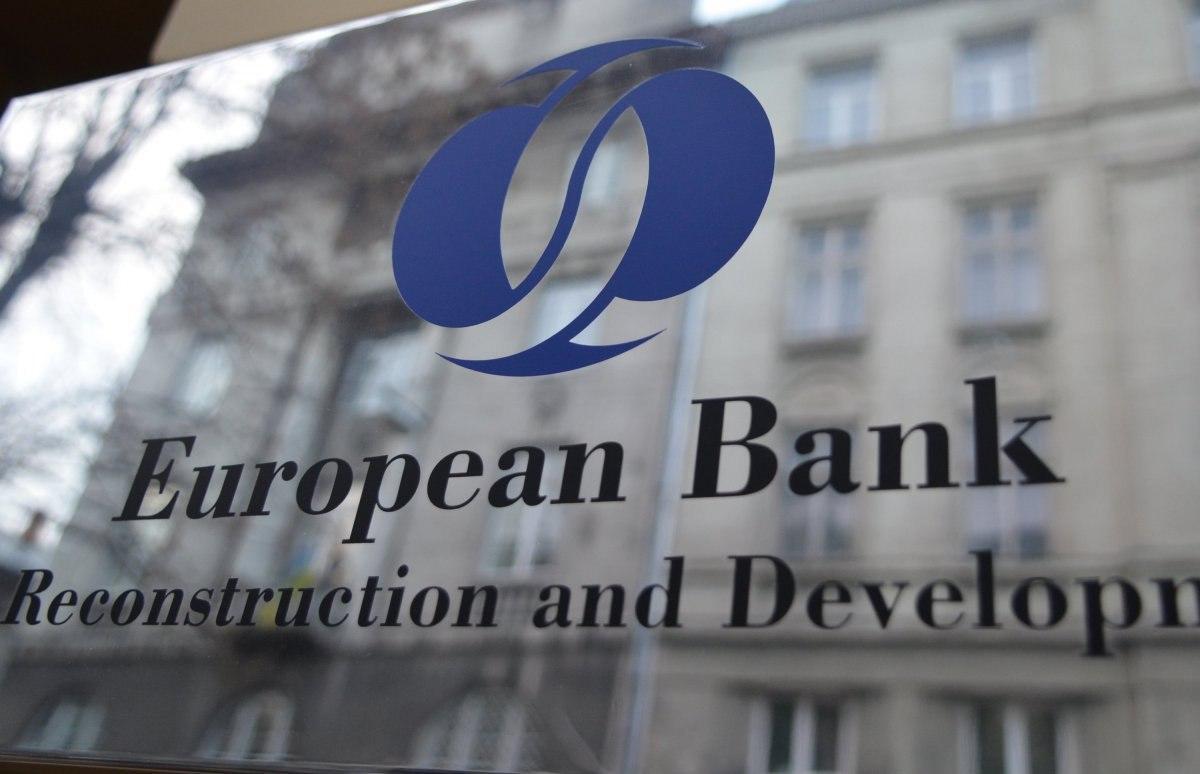BAKU, Azerbaijan, June 2. Tajikistan’s GDP growth is expected to continue, albeit at a significantly slower pace of 3 percent in 2022 and 5 percent in 2023, the European Bank for Reconstruction and Development (EBRD) told Trend.
EBRD said that the National Bank of Tajikistan increased its policy rate from 10.75 percent in January to 13.25 percent in October 2021, helping to keep inflation in check (at 7.3 per cent in March 2022, the lowest level in Central Asia, within the National Bank’s target corridor).
“Tajikistan’s monetary authorities were the only ones in the Central Asian region not to hike the policy rate following Russia’s invasion of Ukraine. However, the situation on Ukraine did put significant pressure on Tajikistan’s national currency, resulting in the nominal TJS/USD exchange rate depreciating by almost 10.6 percent,” the EBRD said.
The EBRD pointed out that the Tajik economy can be expected to take a big hit as the Russian economy faces a severe downturn.
“Some 60,000 Tajik workers returned home in the first quarter of 2022. Many more will lose their jobs in Russia’s construction industry if that country goes into a protracted recession. Remittances in 2022 are likely to fall by around 20-25 percent, which is equivalent to almost 6 percent of GDP,” the EBRD added.
Thus, the EBRD said, this drop in incomes will disproportionately affect the lower strata of the population, but a weakening of consumer demand will have a strong ripple effect throughout the entire economy, including a worsening of the country’s balance of payments and debt carrying capacity.
“On the bright side, the country has accumulated reasonable reserves (providing a seven-month import cover) and will likely react to external pressures by ratcheting up gold exports (taking advantage of elevated prices) and compressing imports,” the EBRD said.







